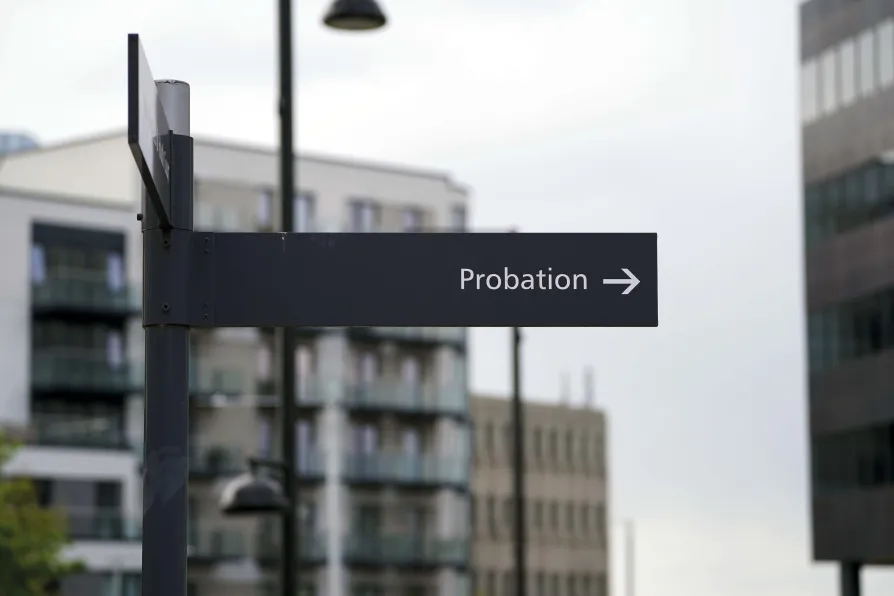TUC general secretary PAUL NOWAK speaks to the Morning Star’s Berny Torre about the increasing frustration the trade union movement feels at a government that promised change, but has been too slow to bring it about
Error message
An error occurred while searching, try again later.Napo’s modest 12% pay claim remains unanswered since January — increased workloads and uncompetitive salaries are failing to attract staff, warns TANIA BASSETT


WITH prisons close to breaking point, the probation service is the key agency doing the heavy lifting to alleviate prison overcrowding and protect the public.
But with workloads rocketing well above safe levels, the situation threatens to undermine both plans to reduce the prison population and the welcome reforms expected in the sentencing Bill.
While a policy shift to a greater use of community sentencing is positive, the increase in probation workloads poses a significant threat to public safety. Fixed-term recall 48 — an initiative that will see around 3,000 prisoners released early between September and November — will add further pressure to our members who are struggling to keep their heads above water and trying to juggle public protection and meaningful rehabilitation.
Despite submitting our joint union pay claim in January 2025, Napo has yet to receive a formal pay offer from HM Prison and Probation Service (HMPPS). Ministers seem happy to pile on the work for staff, but are not prepared to make an exceptional case for probation staff in order to ensure a significant and meaningful pay rise.
Probation has suffered pay stagnation for the last 14 years, which has seen real terms pay drop by 65 per cent. Napo’s modest claim for 12 per cent would have gone some way to boost morale among staff and recognise the work they have done to help with the prison crisis.
The Lord Chancellor has talked about recruitment drives to boost staffing figures, but with such uncompetitive pay, the service is simply not attracting or retaining the staff needed. Just as you can’t build your way out of a prison crisis, you can’t recruit your way out of the probation crisis.
Napo general secretary Ian Lawrence said: “It is simply unacceptable that our members have seen no action or offer on pay. Our members have gone above and beyond to save the prison and probation crisis and have seen nothing in return. Ministers alongside HMPPS officials need to prioritise our members now as a matter of urgency.”
In terms of short-term workload relief, the sentencing Bill will offer a number of measures that will reduce workloads for staff. However, policy changes such as scrapping the post sentence supervision — introduced by Grayling in 2014 — were first proposed by the probation unions nearly two years ago.
This is an example of the lack of urgency from senior leaders and highlights the disconnect between those in HMPPS and on the front line. Other measures, such as reducing the duplication of work and the never-ending paperwork and bureaucracy, simply never see the light of day, resulting in our members drowning in paperwork that distracts them from face-to-face work.
Napo recognises that the government is under conflicting pressures when it comes to funding public services, but with over a decade of underinvestment and cuts, we now have a probation service close to collapse.
The recent attack on a probation officer at work has highlighted that the service needs widespread investment in people, estates and security if it is to function effectively.
Mr Lawrence said: “Our members are stressed and at times scared at work which is wholly unacceptable. Sickness absence remains high with 105,000 days lost to sickness in the last 12 months. 75 per cent of those absences are due to mental health. The workforce is burned out and that adds greater risk to public protection.”
The current inaction is simply not a sustainable position and further adds to Napo’s campaign to get probation out of the Civil Service and to regain its independence. The service needs a significant pay rise and overall investment to restore its once international reputation as an effective alternative to prison.
Tania Bassett, Napo national official










